Giraffes go to theatre is an international project developing competencies to practice and embrace communication in a nonviolent way – observing and acknowledging own and others’ needs, recognising and expressing emotions, building peaceful relations with other young people, and coworkers. The aim of the project is to prepare youth workers and leaders, facilitators, project coordinators, to deal with situations of conflict, tension or misunderstanding in their work environment, where proper communication ways and reaching a compromise are needed for the common good, growth and harmonic co-being.
As much as conflicts are natural for human relations, our concern is for them not to be perceived primarily “bad” and in this way not to let them threaten the basic sense of safety. That type of attitude towards conflict, very often, leads us to violent defensive reactions. In this moment we lose the resource that conflict situations contain and carry in itself. Competencies to be in contact with own needs, and communicate them out to others, are especially valuable in this context, working with multinational and cross-cultural groups, youth at risk, migrants, where backgrounds and culturally defined understandings are shaping the strategies how people meet the needs. They are very often qualitatively different from one another and leading to the inappropriate, irrelevant interpretations of each others’ behaviours and words, accordingly – to frustration, disharmony and destruction in the communication process and coexistence.
The “Giraffes go to theatre” training program involves 24 youth workers coming from 8 different countries (Poland, Hungary, Bulgaria, Portugal, Armenia, Azerbaijan, Belarus, Georgia), who notice an increased level of violence, radicalisation, aggression in digital or physical context and lack of tolerance of youth in their communities, these all making youngsters more and more vulnerable, and Nonviolent Communication a more and more needed way to learn and share.
Project activities consist of 2 training courses aiming to have impact in two main areas:
*Develop an empathic attitude, by building a group ready to support each other, where participants will share their challenges, contact with their emotions and needs, go through experienced frustrations, and approach them as a resource for learning
*Provide a learning experience for participants to improve/ acquire knowledge and skills in Nonviolent Communication elements and tools to deal with similar situations in the future.
The project is based in two main methodologies upon which has been constructed the program for the training activities. APPLIED THEATRE AND DRAMA refer to the Theatre of the Oppressed school developed by Augusto Boal, a theatre director and a community and social activist, as well as to the psychodrama school of Jacob L. Moreno – a clinical psychologist. NONVIOLENT COMMUNICATION (NVC) refers to empathic communication language – called the language of giraffe, a method developed by Marshall Rosenberg, a psychologist and mediator.
Youth workers participating in the project gain concrete methods, tools, theoretical base, and will be strongly motivated to use Nonviolent Communication in their daily life. This has a direct impact on their relations at work, which is highly relevant as youth work is based on building supportive and emphatic relations, which create trust and enable to motivate and engage young people.
As peacebuilding actions are needed both inside and outside of Europe, we aim that the impact of this project reaches communities in different geographical regions.
As an output, the project results in form of a booklet gathering methods and tools presented and experienced by participants in the training, together with outlines of the workshop sessions delivered by participants during the second training course, and a short video presenting the training process, will be disseminated among local youth of the participating organisations, other youth workers, and other individuals who might be interested in discovering the method of Nonviolent Communication and its potential benefits for their personal and professional situation.

